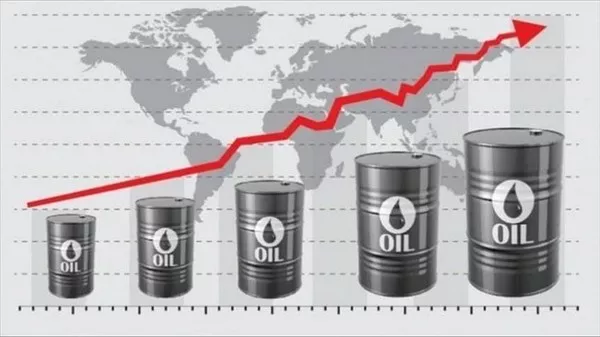Trading natural gas futures can be an appealing opportunity for investors looking to profit from price fluctuations in the natural gas market. Natural gas futures contracts allow traders to speculate on the future price of natural gas without owning the physical commodity.
1. Understanding Natural Gas Futures
Natural gas futures are financial contracts that represent an agreement to buy or sell a specific quantity of natural gas at a predetermined price and date in the future. These contracts are standardized and traded on futures exchanges, such as the New York Mercantile Exchange (NYMEX). Each contract typically represents a specific volume of natural gas, measured in British thermal units (BTUs).
2. The Role of Speculation and Hedging
Trading natural gas futures serves two primary purposes: speculation and hedging. Speculators aim to profit from price movements in the natural gas market by buying or selling futures contracts based on their market analysis and outlook. On the other hand, hedgers, such as natural gas producers and consumers, use futures contracts to protect themselves from adverse price movements. By entering into futures contracts, hedgers can lock in prices and mitigate potential losses.
3. Factors Affecting Natural Gas Prices
Before trading natural gas futures, it’s essential to understand the factors that influence natural gas prices. These include supply and demand dynamics, weather conditions, geopolitical events, and changes in energy policies. Natural gas is also closely linked to other energy commodities, such as crude oil, so fluctuations in oil prices can impact natural gas prices as well.
4. Conducting Fundamental Analysis
Fundamental analysis involves studying various economic and market factors that can affect natural gas prices. Traders should analyze natural gas production and consumption data, inventory levels, weather forecasts, and geopolitical developments. Additionally, keeping track of economic indicators, such as GDP growth and industrial production, can provide valuable insights into natural gas demand.
5. Utilizing Technical Analysis
Technical analysis involves analyzing historical price charts and patterns to identify potential future price movements. Traders use technical indicators, such as moving averages, support and resistance levels, and momentum oscillators, to help make trading decisions. By combining technical analysis with fundamental analysis, traders can develop well-rounded strategies for trading natural gas futures.
6. Choosing the Right Natural Gas Futures Contract
Natural gas futures contracts have different expiration months, and traders should select the contract that aligns with their trading timeline and strategy. The most actively traded contract is typically the front-month contract, which is the closest contract to expiration. However, traders may also consider contracts with longer maturities for more extended trading positions.
7. Managing Risk with Stop Loss Orders
Trading natural gas futures involves inherent risks, as prices can be highly volatile. To protect against adverse price movements, traders often use stop loss orders. A stop loss order is an instruction to close a position once the price reaches a specified level. This helps limit potential losses and allows traders to manage risk effectively.
8. Practice with Paper Trading
For novice traders or those new to natural gas futures, it’s advisable to practice with paper trading before risking real money. Paper trading involves using a simulated trading platform where traders can execute trades without using actual capital. This allows traders to gain experience, test different strategies, and build confidence before engaging in live trading.
9. Staying Informed with Market News and Analysis
Staying informed about the latest developments in the natural gas market is essential for successful trading. Traders should regularly follow market news, analysis, and commentary from reputable sources. Additionally, participating in online forums and discussions with other traders can provide valuable insights and perspectives.
10. Developing a Trading Plan
A well-defined trading plan is crucial for successful trading of natural gas futures. A trading plan should outline specific goals, risk tolerance, entry and exit points, and money management strategies. Following a trading plan can help traders stay disciplined and avoid impulsive decisions based on emotions.
Conclusion
Trading natural gas futures can be a rewarding venture for those willing to put in the time and effort to understand the market and develop effective trading strategies. By conducting thorough analysis, managing risk, and staying informed, traders can increase their chances of success in this dynamic and exciting market. However, it’s essential to remember that trading futures involves risks, and traders should only trade with capital they can afford to lose. With careful planning and diligent execution, trading natural gas futures can offer lucrative opportunities for investors seeking exposure to the energy market.


